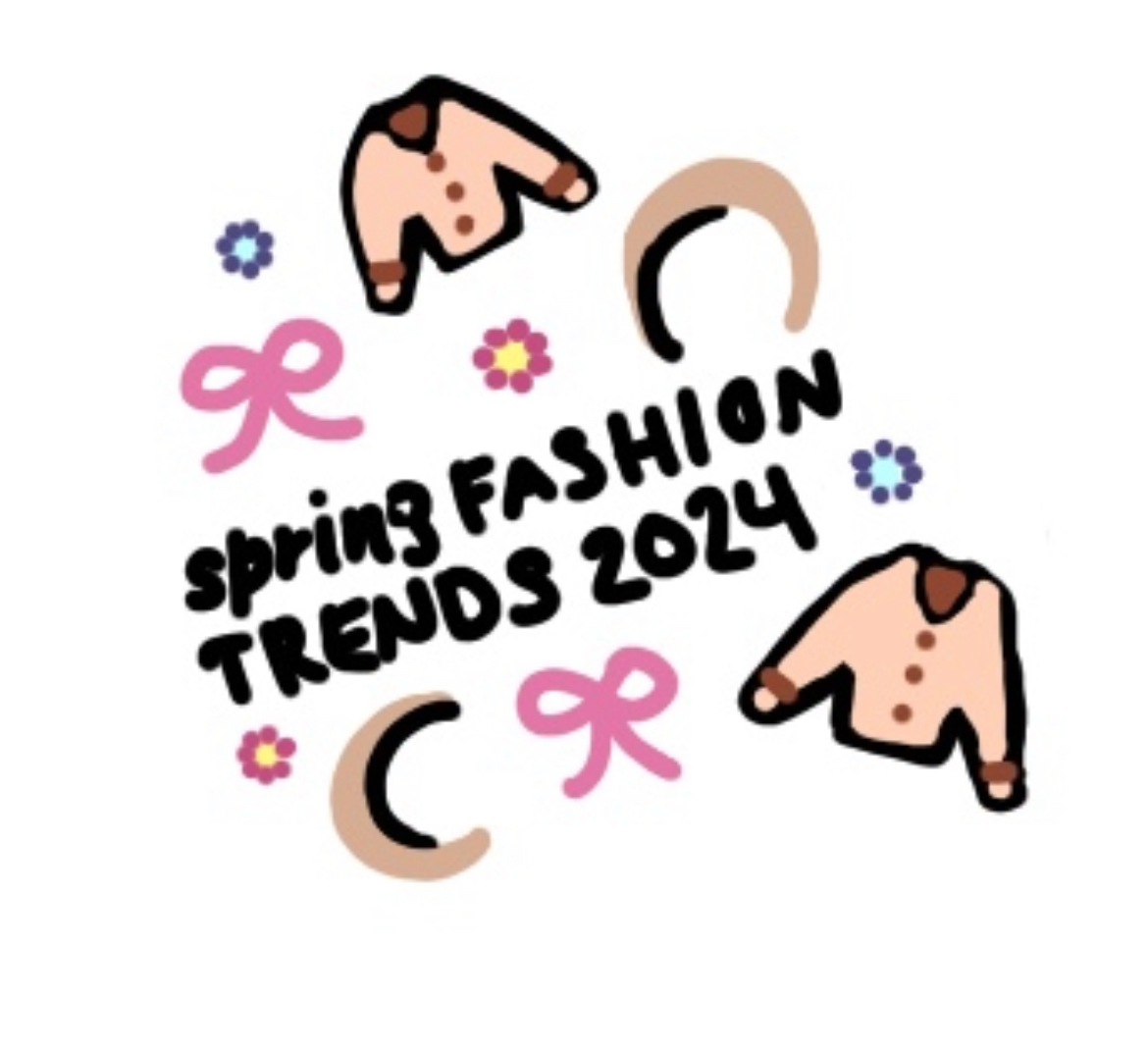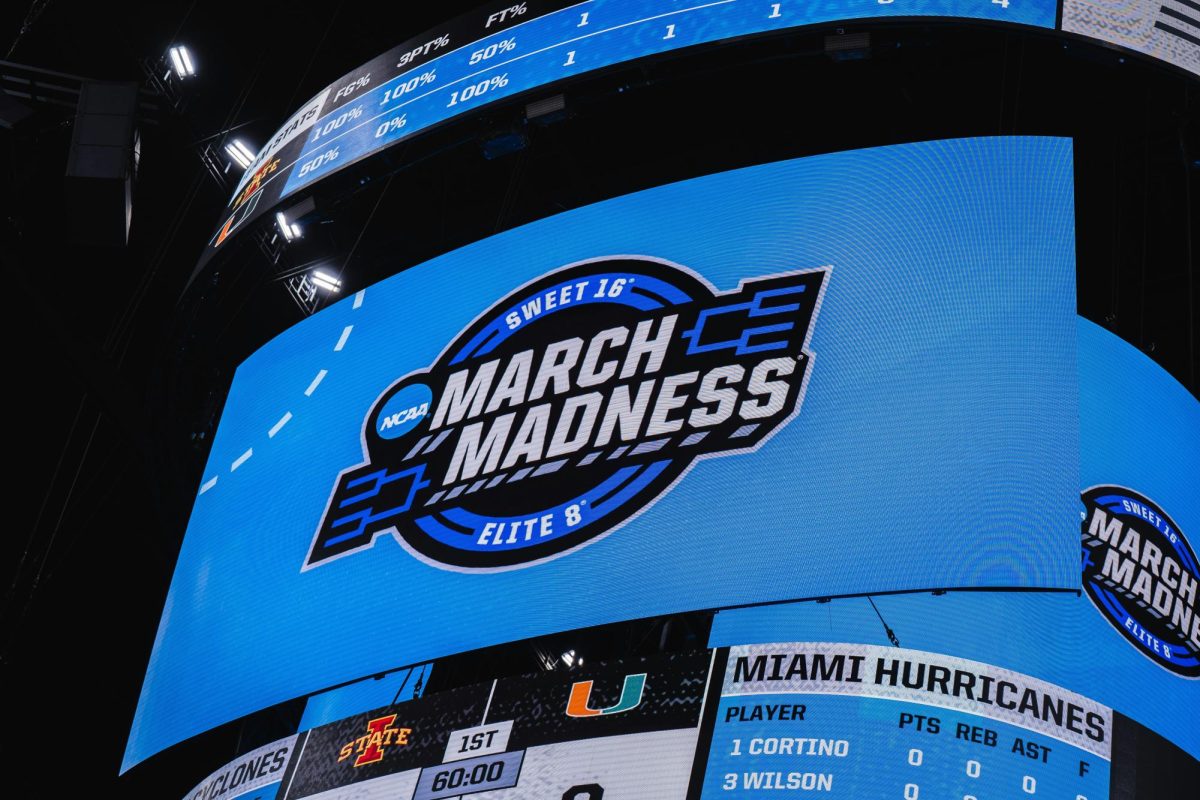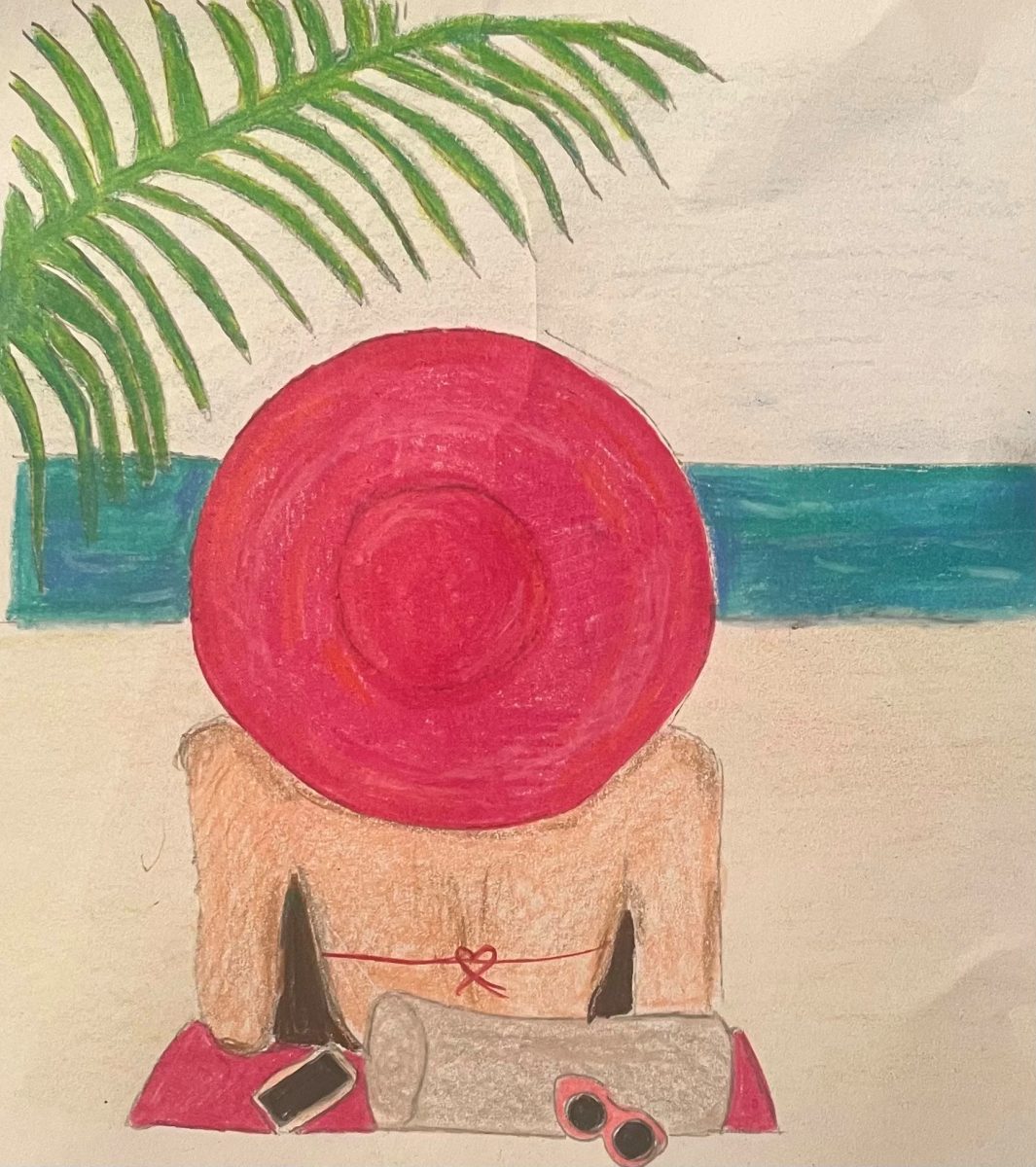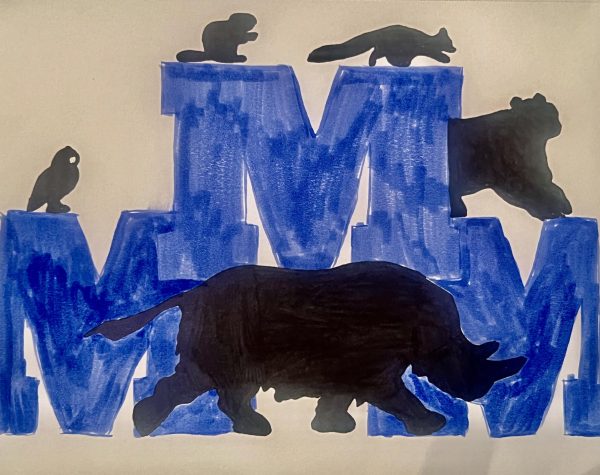Instagram Pushes, then Pulls, Plastic Surgery Filters
As political correctness is rising toward an all-time high, people are becoming increasingly sensitive about body image and the influence of social media on mental health. This past month, Instagram updated its vast array of story filters, amassing buzz from celebrities such as Ariana Grande and the Kardashian family. However, many worry that the new filters will promote body dysmorphia among Instagram’s young users.
In the early 2000s, there was extreme controversy surrounding modeling agencies and advertisers as consumers speculated airbrushing and Photoshop of the models. Fortunately, the media has seen a drop in these effects. However, social media companies have learned to manipulate photos, airbrush, and use Photoshop to be perceived as trendy, coining them “filters” and marketing them towards young children by adding cute dog ears and rainbow tongues.
Some of the filters, such as “Plastica” and “Bad Botox,” distort the face to show bigger lips, wider eyes, and higher cheekbones, all of which are common plastic surgery modifications in real life. Another popular filter, called “FixMe,” shows how a cosmetic surgeon marks a person’s face before procedures. Its creator, Daniel Mooney, said that “FixMe” was only ever supposed to be a critique of plastic surgery, showing how unglamorous the process is with the markings and bruising,” according to an article entitled “Instagram Bans Cosmetic Surgery Filters” published by the BBC (BBC.com).
Body dysmorphia, or BDD, is a mental disorder where one obsesses over his/her physical flaws, and it affects almost 10 million Americans. Although a teenage girl’s Instagram post of her filtered selfie may seem harmless, it is important not to overlook the significant psychological damage that these filters can cause. In 2018, doctors began noticing that their young patients sought procedures to edit their faces as they appear in Snapchat filters. This was eventually coined “Snapchat Dysmorphia,” and the disease has now crawled its way over to Instagram.
Social Worker Rosanne Bogard feels that removing filters may be a good start to reducing body dysmorphia, but, essentially, the damage has already been done. “The filters are made to make everybody look perfect, and nobody will post a picture they think they look bad in. You will take the same picture 30 times over until it’s perfect, so people who don’t have the best body image don’t feel good when they look at these pictures; they think they’re not as pretty or skinny or tall. Seeing everyone’s perfect filtered body definitely causes poor body image,” said Bogard.
According to the American Society of Plastic Surgeons, cosmetic procedures have increased nearly 200% in the past 20 years. Filters, along with advertisements for diet products such as Flat Tummy Tea, have been blamed by many for an increase in BDD and people seeking cosmetic surgery. Junior Faith Koobial comments, “I think [filters] make people feel more self conscious, especially because of the fact that that’s not how they actually look; it’s only temporary.”
Other photo-editing applications, such as Facetune, have also been a point of concern amongst parents who feel that they endorse unrealistic beauty standards. A 12 year old’s smooth skin, contoured nose, and perfectly blushed cheeks are likely not natural, and many feel that the accessibility to these applications is alarming. All it takes is a click in the App-Store and suddenly an entire world of unrealistic body images is available to young children.
It was only a matter of time before someone grew angry enough with the filters to complain to Instagram and actually get them removed. However, social media still has a long way to go in terms of promoting healthy self-esteem in all of its users. How much longer until all filters, plastic surgery based or other, are banned from Instagram? What will the Kardashians do then?

I am the editor-in-chief of the Horizon newspaper and a member of the Class of 2022. I am also the captain of the LHS Speech, Debate, and Model Congress...








































